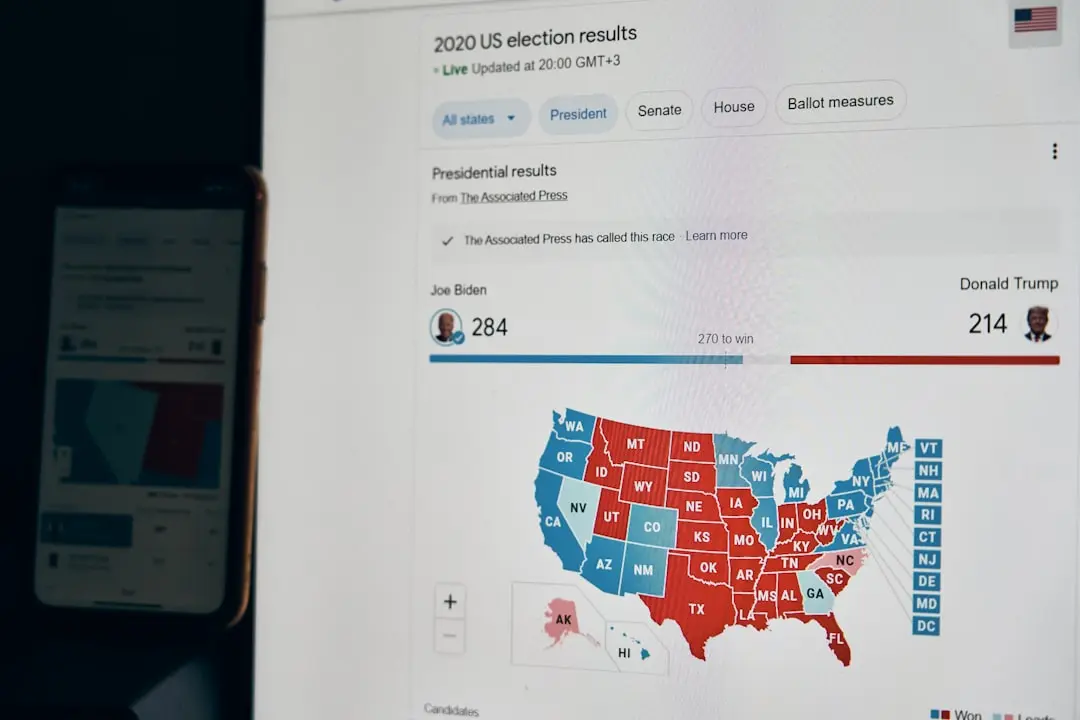The Impact of Social Media on American Politics: How Twitter and Instagram Shape Elections
Social media platforms have become powerful tools for political campaigns to reach a vast audience and mobilize support. The ability to quickly disseminate information, engage with voters in real-time, and target specific demographics has transformed the way elections are run. For instance, during the 2016 presidential election, both Donald Trump and Hillary Clinton utilized Twitter extensively to connect with voters and rally support for their campaigns.
However, the influence of social media on American politics goes beyond simple campaign strategies. A study conducted by MIT Technology Review revealed that social media algorithms can create echo chambers, where users are only exposed to information that reinforces their existing beliefs. This phenomenon can lead to polarization and the spread of misinformation, impacting the democratic process.
Social media algorithms can create echo chambers, where users are only exposed to information that reinforces their existing beliefs.
MIT Technology Review
Experts warn that the speed and volume of information shared on platforms like Twitter and Instagram can also make it challenging to fact-check content in real-time. False information and propaganda can spread rapidly, influencing public opinion and swaying election outcomes. The role of social media in disseminating fake news has raised concerns about the integrity of the electoral process.
Moreover, the impact of social media on American politics is particularly significant among young people. A survey conducted by Reuters found that a majority of millennials rely on social media as their primary source of news. This reliance on social platforms for information can shape the political views of young voters and influence their voting behavior.
As we navigate the complex relationship between social media and politics, it is essential for both policymakers and tech companies to address the challenges posed by these platforms. Striking a balance between freedom of expression and protecting the integrity of elections is crucial in ensuring a healthy democratic process.
Reflective Conclusion
The impact of social media on American politics cannot be understated. While platforms like Twitter and Instagram have revolutionized the way politicians engage with voters, they also present significant challenges in terms of misinformation and polarization. As we move forward, it is crucial to critically examine the role of social media in shaping elections and to ensure that these platforms are used responsibly to uphold the principles of democracy.
What do you think? Are you ready to face this challenge? Let us know your thoughts in the comments!





Responses (0)
Join the Discussion
Sign in to share your thoughts and engage with the community.
No Comments Yet
Be the first to share your thoughts on this article!